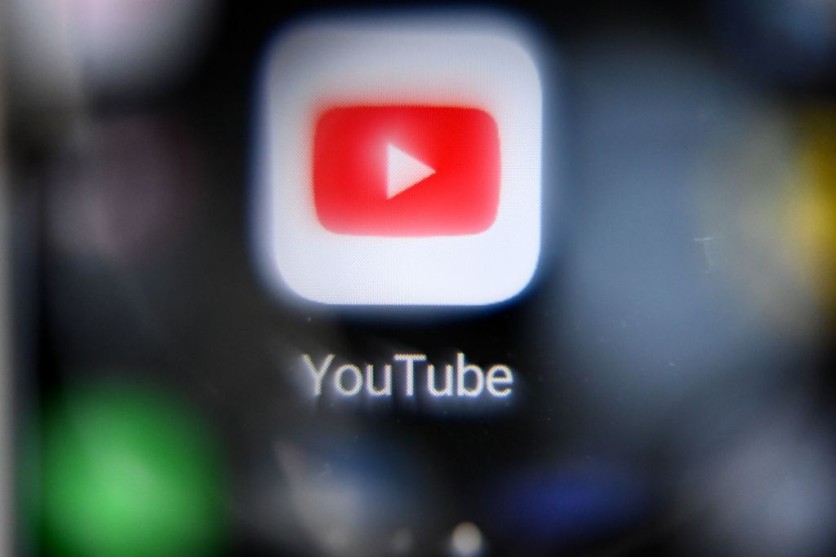YouTube has announced adjustments to its recommendation system in the United States to prevent teens from bingeing videos that promote specific body types.
This move follows recent accusations from numerous US states against Meta, the parent company of Facebook and Instagram, claiming that they have profited from children's distress.
The video-sharing platform has faced criticism over time for its recommendation engine, which some argue can lead young viewers to content that may be dark or disturbing.

Response of YouTube
YouTube's statement highlights its commitment to addressing the specific needs of teen users. The company said that it has established partnerships with experts in youth development, parenting, and mental health to ensure the safety, privacy, and well-being of teenagers while using the platform.
The Youth and Families Advisory Committee, consisting of independent experts with backgrounds in child development, digital learning, and children's media, has played a vital role in advising YouTube on how online content can impact the well-being of teenagers.
It was reported that repeated exposure to messages about idealized standards could lead teens to form negative beliefs about themselves. In response, YouTube has implemented additional safeguards for content recommendations targeted at teenagers.
These measures aim to strike a balance between allowing them to explore their interests while ensuring their well-being. Specific categories of content have been identified that, while harmless as individual videos, may pose problems if viewed repeatedly.
These categories include content that compares physical attributes, idealizes specific body types, and displays non-contact fights or intimidation.
To address these concerns, YouTube is now limiting repeated recommendations of videos related to these topics for teens in the United States, with plans to expand this initiative to more countries in the coming year.
They continue to enforce their Community Guidelines to remove content that violates policies related to child safety, eating disorders, hate speech, and harassment. In addition to these measures, YouTube is updating existing products to cater to teenagers more effectively.
Features like "Take a Break" and "Bedtime" reminders, introduced in 2018, will now be more displayed, particularly for viewers under 18. These reminders will appear as full-screen takeovers during Shorts and long-form videos.
Furthermore, YouTube is enhancing crisis resource panels, providing a more comprehensive experience for viewers seeking assistance with queries related to suicide, self-harm, and eating disorders.
YouTube's Partners
The platform is collaborating with experts in suicide and self-harm prevention to ensure that viewers in moments of distress are directed towards helpful resources and content categories.
YouTube said it is also working with organizations like the World Health Organization (WHO) and Common Sense Networks to develop public resources related to teens' well-being online. This initiative aims to provide educational resources for parents and teens, emphasizing responsible content creation and safe online habits.
"A higher frequency of content that idealizes unhealthy standards or behaviors can emphasize potentially problematic messages-and those messages can impact how some teens see themselves," Allison Briscoe-Smith, a clinician, researcher, and member of the Youth and Families Advisory Committee, said in a statement.
"Guardrails can help teens maintain healthy patterns as they naturally compare themselves to others and size up how they want to show up in the world," she added.
Related Article : US Teens Prefer YouTube Over Netflix for Video Content, Says Research


![Apple Watch Series 10 [GPS 42mm]](https://d.techtimes.com/en/full/453899/apple-watch-series-10-gps-42mm.jpg?w=184&h=103&f=9fb3c2ea2db928c663d1d2eadbcb3e52)


